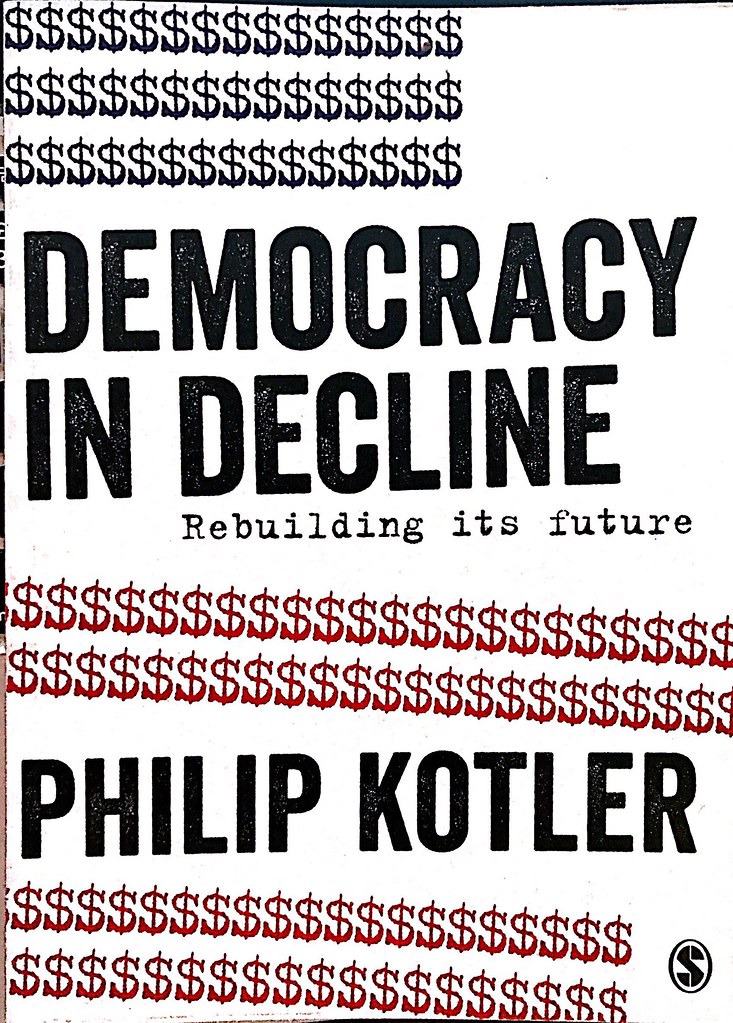I slept a few naps before pulling together these thoughts on the new Apple MacBook Pro. I have been a Mac user since it was the mark of eccentricity. I am writing this post on a 13″ MacBook Pro and have a house of other Macs and peripherals.
Theatre
Apple launched a new range of Apple MacBook Pro’s on October 27, 2016. This was a day after Microsoft’s reinvigoration of its Surface franchise. Apple ignores timing and tries to plough its own furrow. But comparisons by journalists and market analysts are inevitable.
Microsoft has done a very good job at presenting a device that owes its build quality to the schooling that Apple has given to the Shenzhen eco-system over the past two decades.
The focus on touch computing feels like a step on a roadmap to Minority Report style computing interfaces. Microsoft has finally mastered the showmanship of Apple at its best.
Apple’s presentation trod a well-worn formula. Tim Cook acts as the ringmaster and provides a business update. Angela Ahrendts sits at a prominent place in the audience and appears on a few cut-in shots. Craig Federighi presented the first product setting a light self-depreciating humour with in-jokes that pull the Apple watchers through the fourth wall and draws them inside ‘Apple’. Eddy Cue plays a similar role for more content related products. In that respect they are interchangeable like pieces of Lego.
Phil Schiller came in to do the heavy lifting on the product. While the design had some points of interest including TouchID and the touchpad the ports on the machine are a major issue.
Given the Pro nature of the computer, Apple couldn’t completely hide behind ‘design’ like it has done with the MacBook. So Phil Schiller was given the job of doing the heavy lifting on the product introduction.
There was the usual Jonny Ive voiceover video on how the product was made with identikit superlatives from previous launches. It could almost be done by a bot with the voice of Jonny Ive, rather than disturbing his creative process.
It all felt like it was dialled in, there wasn’t the sense of occasion that Apple has managed in the past.
User experience
Many people have pointed out that Microsoft’s products looked more innovative and seemed to be actively courting the creatives that have been the core of Apple’s support. In reality much of it was smoke and mirrors. Yes Apple has lost some of the video market because its machines just aren’t powerful, in comparison to other workstations out there.
The touch interface is more of a red herring. Ever since the HP-150 – touch hasn’t played that well with desktop computers because content creators don’t like to take their hands too far from the keyboard when work. It ruins the flow if you can touch type; or have muscle memory for your PhotoShop shortcuts.
Apple didn’t invent the Surface Dial because it already had an equivalent made by Griffin Technology – the PowerMate. In fact the PowerMate had originally been available for Windows Vista and Linux as well, but for some reason the device software didn’t work well with Windows 7 & 8.
I can see why Apple has gravitated towards the touchpad instead. But it needed to do a better job telling the story.
Heat
Regardless of the wrong headedness of Microsoft’s announcements, the company has managed to get much of the heat that Apple used to bring to announcements. By comparison Apple ploughed exactly the same furrow as it has done for the past few years – the products themselves where interchangeable.
The design provided little enthusiasm amongst the creatives that I know, beyond agitation at the pointless port changes and inconvenience that conveyed.
While these people aren’t going to move to Microsoft, the Surface announcements provided them with a compare and contrast experience which agitated the situation further. To quote one friend
Apple doesn’t know who it is. It doesn’t know its customers and it no longer understands professionals.
Design
Apple’s design of the MacBook Pro shows a good deal of myopia. Yes, Apple saved weight in the laptops; but that doesn’t mean that the consumer saves weight. The move to USB C only has had a huge impact. A raft of new dongles, SD card readers and adaptors required. If like me you present to external parties, you will have a Thunderbolt to VGA dongle.
With the new laptop, you will need a new VGA dongle, and a new HDMI dongle. I have £2,000 of Thunderbolt displays that will need some way of connecting to Apple’s new USB C port. I replace my displays less often than my laptop. We have even earlier displays in the office.
Every so often I transfer files on to a disk for clients with locked down IT systems. Their IT department don’t like file transfer services like WeTransfer or FTP. They don’t like shared drives from Google or Box. I will need a USB C to USB adaptor to make this happen. Even the encrypted USB thumb drive on my ‘real life’ key chain will require an adaptor!
I will be swimming in a sea of extra cables and parts that will weigh more than the 1/2 pound that Apple managed to save. Thank you for nothing, Apple. Where interfaces have changed before there was a strong industry argument. Apple hit the curve at the right time for standards such as USB and dispensing with optical drives.
The move to USB C seems to be more about having a long thin slot instead of a slightly taller one. Getting rid of the MagSafe power connector has actually made the laptop less safe. MagSafe is a connector that is still superior to anything else on the market. Apple has moved from an obsession with ‘form and function’ to ‘form over function’.
The problem is one of Apple’s own making: it has obsessed about size zero design since Steve Jobs used to have a Motorola RAZR.
Price versus Value
So despite coming with a half pound less mass and a lot of inconvenience, the devices come in at $200 more expensive than their predecessors. It will be harder for Apple customers to upgrade to this device unless their current machine is at least five years old. I don’t think that this laptop will provide the injection in shipments that Apple believes it will.
A quick word on displays
Apple’s move away from external displays was an interesting one. There can’t be that much engineering difference between building the iMac and the Apple Display? Yet Apple seems to have abandoned the market. It gives some professionals a natural break point to review whether they should stay with Apple. Apple displays aren’t only a product line but a visible ambassador of Apple’s brand where you can see the sea of displays in agencies and know that they are an Apple shop. It is the classic ‘Carol Bartz’ school of technology product management. What do you think of the new Apple MacBook Pro?
More information
Initial thoughts on Windows 8 | renaissance chambara
Size Zero Design | renaissance chambara
Why I am sunsetting Yahoo! | renaissance chambara
Apple just told the world it has no idea who the Mac is for – Charged Tech – Medium
Apple (AAPL) removed MagSafe, its safest, smartest invention ever, from the new MacBook Pros — Quartz
How Apple’s New MacBook Pros Compare To Microsoft’s New Surface Studio | Fast Company | Business + Innovation – a subtly cutting article on the new MacBook Pro
New MacBook Pro touches at why computers still matter for Apple | CNet
Apple’s new MacBook Pro kills off most of the ports you probably need | TechCrunch
 Swapping out the hard drive for an SSD provides an iPod with a number of advantages:
Swapping out the hard drive for an SSD provides an iPod with a number of advantages: